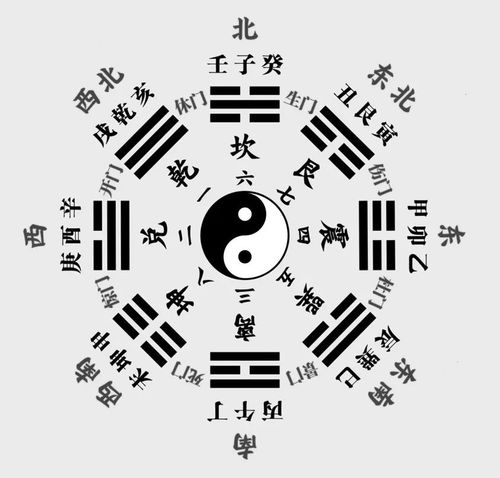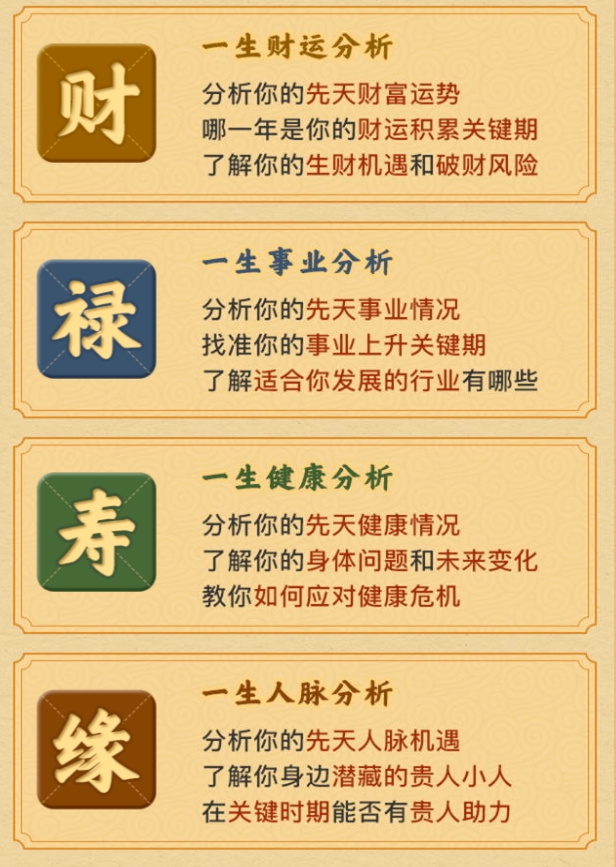July Holidays in English: Festivals & Celebrations, Global July Events Guide, Summer Cultural Highlights
The month of July brings a vibrant tapestry of celebrations across English-speaking countries, each with unique cultural significance. From national independence days to quirky local traditions, these events showcase the diversity of anglophone cultures. In the United States, the Fourth of July fireworks illuminate the sky with patriotic fervor, while Canada Day on July 1st features maple leaf displays and outdoor concerts. These major holidays form the cornerstone of summer festivities in North America.
British summer traditions take center stage in July, with events like the Henley Royal Regatta attracting rowing enthusiasts from across the Commonwealth. The Wimbledon tennis championships, occurring throughout early July, represent one of England's most prestigious sporting events. Meanwhile, Australia celebrates NAIDOC Week in July, honoring Aboriginal and Torres Strait Islander cultures through art exhibitions and educational programs that highlight indigenous heritage.
Religious observances also mark the July calendar in English-speaking nations. The Feast of Saint Swithun on July 15th remains particularly notable in England, where folklore suggests the weather on this day predicts forty days of similar conditions. In Ireland, the pattern day of Saint Margaret (July 20th) historically featured holy well visits and local fairs, though these customs have diminished in modern times.
Summer food festivals proliferate during July across anglophone countries. The Maine Lobster Festival in the United States draws seafood lovers, while the British Pie Week celebrations extend into early July. These culinary events showcase regional specialties and often include cooking competitions that highlight local ingredients and traditional recipes passed down through generations.
Music festivals reach their peak during July in English-speaking regions. The Montreux Jazz Festival in Switzerland attracts English-speaking performers and audiences, while Glastonbury in England typically occurs in late June but often spills into early July. These events create cultural bridges through shared musical experiences that transcend national boundaries.
Historical reenactments feature prominently in July celebrations, particularly in former British colonies. The Battle of the Boyne commemorations in Northern Ireland on July 12th demonstrate how historical events continue to shape contemporary culture. Similarly, Bastille Day celebrations in former French colonies like Louisiana showcase the blending of anglophone and francophone traditions.

Regional variations in July celebrations reveal fascinating cultural distinctions within English-speaking countries. While Americans focus on independence-themed events, Australians celebrate NAIDOC Week with indigenous cultural activities. Canadians blend British heritage with multicultural expressions during their Canada Day festivities, creating unique national identities.
The commercial aspects of July holidays have grown significantly in recent decades. Retailers capitalize on patriotic themes with special promotions, particularly around Independence Day in the United States. This commercialization has sparked debates about preserving the authentic meaning of holidays while acknowledging their economic importance to local communities.
Environmental concerns have begun influencing July celebrations, with many communities opting for eco-friendly fireworks or drone light shows. The shift reflects growing awareness about sustainability during large public events. Some cities have implemented recycling programs specifically for holiday waste, demonstrating how traditional celebrations adapt to contemporary values.
Family traditions surrounding July holidays vary widely across English-speaking cultures. American families often host multi-generational cookouts, while British families might attend garden parties or village fetes. These personal rituals reinforce cultural identity and create lasting memories that define summer experiences for children and adults alike.

The globalization of July celebrations has introduced new dimensions to traditional events. International visitors now participate in what were once domestic holidays, bringing diverse perspectives to local customs. This cultural exchange enriches celebrations while sometimes creating tensions about preserving authentic traditions.
Technological advancements have transformed how people experience July holidays. Live streaming allows global audiences to watch fireworks displays or parades in real time, while social media platforms enable participants to share their experiences instantly. This digital dimension has expanded the reach of traditional celebrations beyond physical boundaries.
Educational initiatives surrounding July holidays have gained prominence in schools and communities. Many institutions now incorporate lessons about the historical context and cultural significance of these events. This approach fosters deeper understanding beyond superficial celebrations, particularly for holidays with complex historical backgrounds.
The economic impact of July celebrations extends beyond retail to tourism and hospitality industries. Cities known for spectacular fireworks displays or unique traditions attract visitors from across the country and abroad. This tourism boost provides vital revenue for local businesses during the summer season.
Health and safety considerations have become increasingly important during large July gatherings. Event organizers now implement crowd control measures, emergency medical services, and heat mitigation strategies. These precautions reflect society's growing emphasis on public welfare during mass celebrations.

Culinary traditions associated with July holidays continue to evolve while maintaining core elements. Classic American barbecue recipes now incorporate international flavors, while traditional British summer desserts appear with modern twists. This culinary innovation keeps holiday meals exciting while preserving nostalgic connections to the past.
The future of July celebrations in English-speaking countries will likely balance tradition with innovation. As societies become more diverse and environmentally conscious, holiday customs will adapt accordingly. However, the fundamental human desire for communal celebration during summer's peak will ensure these traditions endure in some form.
From my perspective, the true value of July holidays lies not in their commercial aspects or spectacular displays, but in their power to unite communities across generations. These celebrations serve as cultural touchstones that preserve heritage while allowing for organic evolution. The most meaningful July traditions are those that create space for both joyful celebration and thoughtful reflection about our shared history and values.